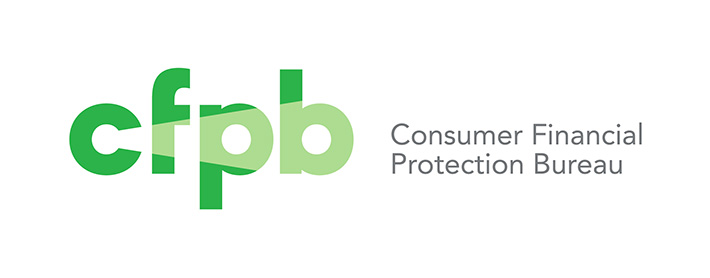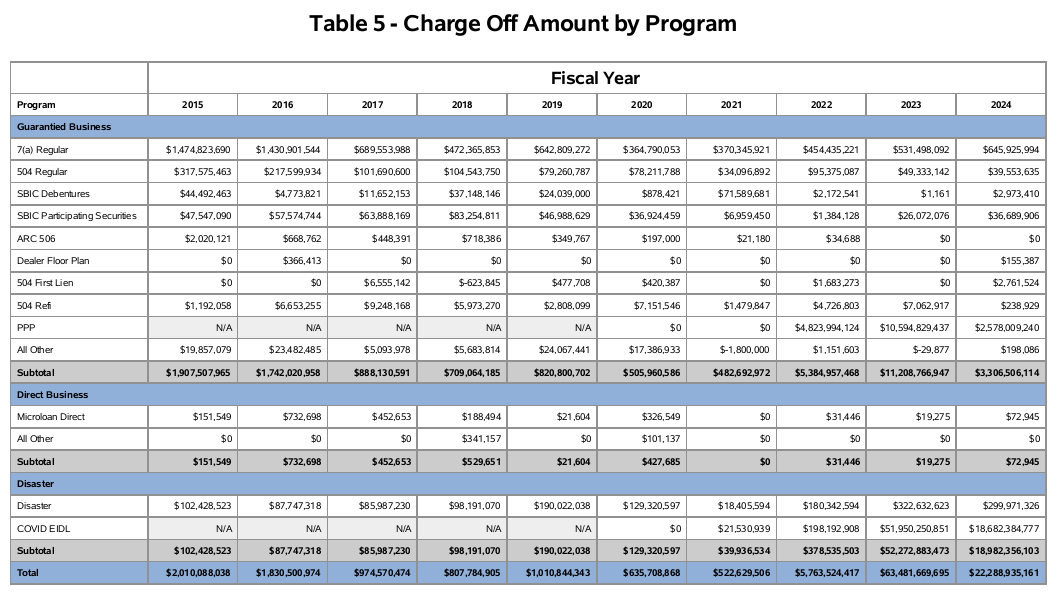Articles by deBanked Staff
Sean Murray Published in Iarmhí: The Case for Éamon de Valera’s Birth and Baptismal Records Being Forgeries
December 19, 2024
deBanked Chief Editor Sean Murray recently had a research paper published in Iarmhí, Vol. 1, No. 4, a journal based in Co. Westmeath, Ireland that’s edited by renowned historian Seamus O’Brien. The title is: The Case for Éamon de Valera’s Birth and Baptismal Records Being Forgeries.
The journal’s launch party commenced on November 27 at The Greville Arms Hotel in Mullingar. It’s available for sale online at Just Books. For international shipping, please contact the shop owner in advance at justbooksmullingar12@gmail.com.
This is Murray’s first paper on the subject. Research on the matter began in 2021 while he was writing a book on a related story that overlapped with the birth record circumstances of de Valera.
Murray’s great great grandfather Christopher Murray, who hailed from Raharney, Co. Westmeath, was a longtime leader of the Westmeath Men’s Social & Benevolent Association of New York and contributor to The Westmeath Examiner up until he died in 1936.

House Bill Seeks More Time for Lenders to Comply with CFPB Small Business Lending Rule, Redefine Small Business
December 18, 2024A recently amended bill that was introduced in the US House of Representatives earlier this year aims to push back compliance deadlines with the CFPB’s Small Business Lending data collection rule. Specifically, HR 8338 seeks a 3-year preparation period from the time the rule was issued (which was March 2023) followed by a 2-year safe harbor where penalties are not issued for a failure to comply.
Furthermore, the bill aims to clarify the definition of “small business” as being any entity having gross annual revenue of $1 million or less in the most recently completed fiscal year.
You can read the text of the bill here.
15 Months in Prison for Fake LOC Scam Run by “Funder”
December 17, 2024Yisroel (“Scott”) Heber was sentenced to 15 months in prison for his role in a fake LOC scam, followed by 3 years of supervised release. Prosecutors said he lured small business victims into making upfront loan payments in exchange for getting a large loan afterwards, which wouldn’t come. As part of the sentencing Heber was also ordered to pay $921,594.75 in restitution, forfeit $240,000, and pay a fine of $25,000.
SBA Names Members to its Small Business Lending Advisory Council
December 11, 2024The results are finally in. After a six-month review period, the SBA finally announced the applicants that have been approved to serve on its inaugural small business lending advisory council.
They are:
- Paul Brown, Managing Partner, Michigan eLab Investment Co.
- Sheryl Cameron, Executive Director SBA Solutions, JPMorgan Chase
- Kevin Carey, Interim President and CEO, American Hotel and Lodging Association
- Ellis Carr, President and CEO, CDC Small Business Finance
- Jill Castilla, President and CEO, Citizens Bank of Edmond
- Tammy deClercq, COO Head of Operations SBA, Lendistry SBLC
- Jeff Dick, Chairman and CEO, MainStreet Bank (VA)
- Nicole Dilts, VP of Commercial Solutions, Michigan State University Federal Credit Union
- Maggie Ference, SVP Small Business and SBA Director, Huntington National Bank
- Jeff Hansel, 1st VP, Rockland Trust Company
- Amy Hereford, President and CEO, LiftFund Inc.
- Ernest Hunter, CEO, Frenchy’s
- Duane Lewis, Interim Co-CEO, Black Business Investment Fund Inc.
- Deborah Partin, SVP of Lending, Rural Enterprises of Oklahoma, Inc.
- Amy Patel, EVP Head of Commercial Distribution, TD Bank
- Giovanna Piovanetti, Executive President, Corporacion para el Financiamiento Empresarial del Comercio y De Las Comunidades
- Lane Rhodes, VP Senior Loan Officer, Live Oak Bank
- Mark Robertson, President and CEO, PCR Small Business Development Corporation
- April Schneider, Head of Small and Business Banking, Wells Fargo
The published list is about six members short of the planned 25 so it is likely a few more will be added. To be eligible, applicants had to have “experience and technical expertise in such areas as commercial lending, small business finance, government-guaranteed lending, small business advocacy or advisement, and expertise needed to provide advice on SBA’s loan programs.”
LiftFund and Lendistry are arguably the only two from the fintech space.
Lightspeed: ‘MCAs continue to be popular’
December 10, 2024 “Lightspeed Capital revenue grew to $9.3 million from $4.2 million in Q2 of last year, up 121% year over year as the program continues to be popular with our customers,”” said Lightspeed CFO Asha Bakshani. “Lightspeed Capital offers fast access to capital and automatic repayment through Lightspeed Payments.”
“Lightspeed Capital revenue grew to $9.3 million from $4.2 million in Q2 of last year, up 121% year over year as the program continues to be popular with our customers,”” said Lightspeed CFO Asha Bakshani. “Lightspeed Capital offers fast access to capital and automatic repayment through Lightspeed Payments.”
“Overall, Lightspeed generated $277M in revenue for FY Q2 2025 of which only $9.3M was attributed to their MCA business (less than 3.5%). Still, the company says the extreme gross margins are creating a material impact for the business.
“We’re definitely seeing an impact from Lightspeed Capital,” Bakshani said. “I mean when we think about the numbers, and you’ll see them in our disclosure docs, we’re looking at high single digits per quarter in revenue. But because that comes in at 95% plus gross margins, it definitely has an impact already in offsetting both the residuals moving over to payments and also just more, more of our revenue coming in at Lightspeed Payments gross margin.”
Lightspeed is a publicly traded retail POS company with a current market cap of $3.68B CAD and $105M in MCAs on its balance sheet.
CFPB Rule Would Likely Impact Sale of Business Loan Applicant Data
December 3, 2024 A proposed rule by the CFPB aims to “Stop Data Brokers from Selling Sensitive Personal Data to Scammers, Stalkers, and Spies” by limiting “the sale of personal identifiers like Social Security Numbers and phone numbers collected by certain companies and make sure that people’s financial data such as income is only shared for legitimate purposes, like facilitating a mortgage approval, and not sold to scammers targeting those in financial distress.” Presented as a consumer-facing protection that would make parties selling data subject to the Fair Credit Reporting Act while prohibiting the sale of such data to third parties for “marketing” the full 206-page proposal suggests that it would apply equally when individual information is used in the course of applying for business loans.
A proposed rule by the CFPB aims to “Stop Data Brokers from Selling Sensitive Personal Data to Scammers, Stalkers, and Spies” by limiting “the sale of personal identifiers like Social Security Numbers and phone numbers collected by certain companies and make sure that people’s financial data such as income is only shared for legitimate purposes, like facilitating a mortgage approval, and not sold to scammers targeting those in financial distress.” Presented as a consumer-facing protection that would make parties selling data subject to the Fair Credit Reporting Act while prohibiting the sale of such data to third parties for “marketing” the full 206-page proposal suggests that it would apply equally when individual information is used in the course of applying for business loans.
“The CFPB expects that the proposal may have a limited impact on the cost of credit for small entities. One small entity representative stated during the SBREFA process that the proposed rule may affect the cost and ease of accessing credit for small entities. In particular, the written instructions provision may slow down the application process for small business loans because creditors lending to small businesses check the personal credit of the small business owner and may need to rely on the small business owner’s written authorization to do so. In theory, the proposed rule could increase the cost of credit for small businesses if the compliance costs discussed above are passed on to small businesses in the form of higher on loans from lenders.””
“Data brokers sell lists of financially vulnerable individuals to predatory lenders for targeted marketing campaigns,” the CFPB wrote in a summary of the propsal. “This practice is compounded by the widespread sale of personal identifiers collected by consumer reporting agencies, also known as ‘credit header’ data—including names, addresses, and Social Security numbers—which has created a thriving market for sensitive personal information that puts Americans’ privacy and financial security at risk.”
Anyone can officially comment on this proposal until March 3, 2025.
Announcement
Proposed Rule
Cumulative Covid EIDL Chargeoffs Now Exceed $70 Billion
November 19, 2024The latest data from the SBA is in. It charged off $18.7B in Covid EIDL loans in FY 2024. That was down from $52B charged-off in FY 2023. The program still has an unpaid principal balance of $277B.
PPP loans were still being written off in FY 2024 as well, coming in $2.5B charged-off vs $10.6B charged-off in FY 2023 and $4.8B charged-off in FY 2022.
The EIDL program suffered astonishingly high losses during covid. Regular 7(a) loans, for example, only experienced $646M in charge-offs in FY 2024.

Shopify Capital Originates $837M in Business Loans & MCAs in Q3
November 15, 2024Shopify Capital originated $837 million in business loans and merchant cash advances in Q3, putting the grand total at $2.1B for the first 3 quarters. During the earnings call, Shopify said that loss ratios remained within the consistent range.
Compared to some of their competitors in the online space, Shopify Capital ranks third:
Q3 originations:
Square Loans: $1.38B
Enova: $1B
Shopify Capital: $837M






























